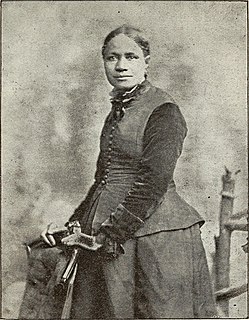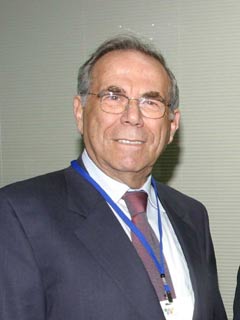A Quote by Walter Benjamin
Opinions are to the vast apparatus of social existence what oil is to machines: one does not go up to a turbine and pour machine oil over it; one applies a little to hidden spindles and joints that one has to know.
Related Quotes
I've been saying for a long time, and I think you'll agree, because I said it to you once, had we taken the oil - and we should have taken the oil - ISIS would not have been able to form either, because the oil was their primary source of income. And now they have the oil all over the place, including the oil - a lot of the oil in Libya, which was another one of her disasters.
There's a huge misconception that it's all about the oil, and the truth is there's actually not much oil left in Abyei. The misperception arose because when the peace agreement was signed in 2005, Abyei accounted for a quarter of Sudan's oil production. Since then, the Permanent Court of Arbitration in The Hague defined major oil fields to lie outside Abyei. They're in the north now, not even up for grabs, and they account for one percent of the oil in Sudan. The idea that it's "oil-rich Abyei" is out of date.
I can at once refute the statement that the people of the West object to conservation of oil resources. They know that there is a limit to oil supplies and that the time will come when they and the Nation will need this oil much more than it is needed now. There are no half measures in conservation of oil.
Over time, there's a very close correlation between what happens to the dollar and what happens to the price of oil. When the dollar gets week, the price of oil, which, as you know, and other commodities are denominated in dollars, they go up. We saw it in the '70s, when the dollar was savagely weakened.
The foolish took their lamps, but took no oil (pursued ministry as their priority over getting oil). The wise took oil in their vessels with their lamps (pursued oil as their priority before ministry). At the dark midnight hour of history, the Spirit will raise up forerunners who cry out that Jesus is coming as a Bridegroom God and that we must go out to meet Him (make the necessary effort to encounter Him). They all slept which speaks of living in context to the natural processes of life.
From the 1920s into the 1940s, Britain's standard of living was supported by oil from Iran. British cars, trucks, and buses ran on cheap Iranian oil. Factories throughout Britain were fueled by oil from Iran. The Royal Navy, which projected British power all over the world, powered its ships with Iranian oil.


































